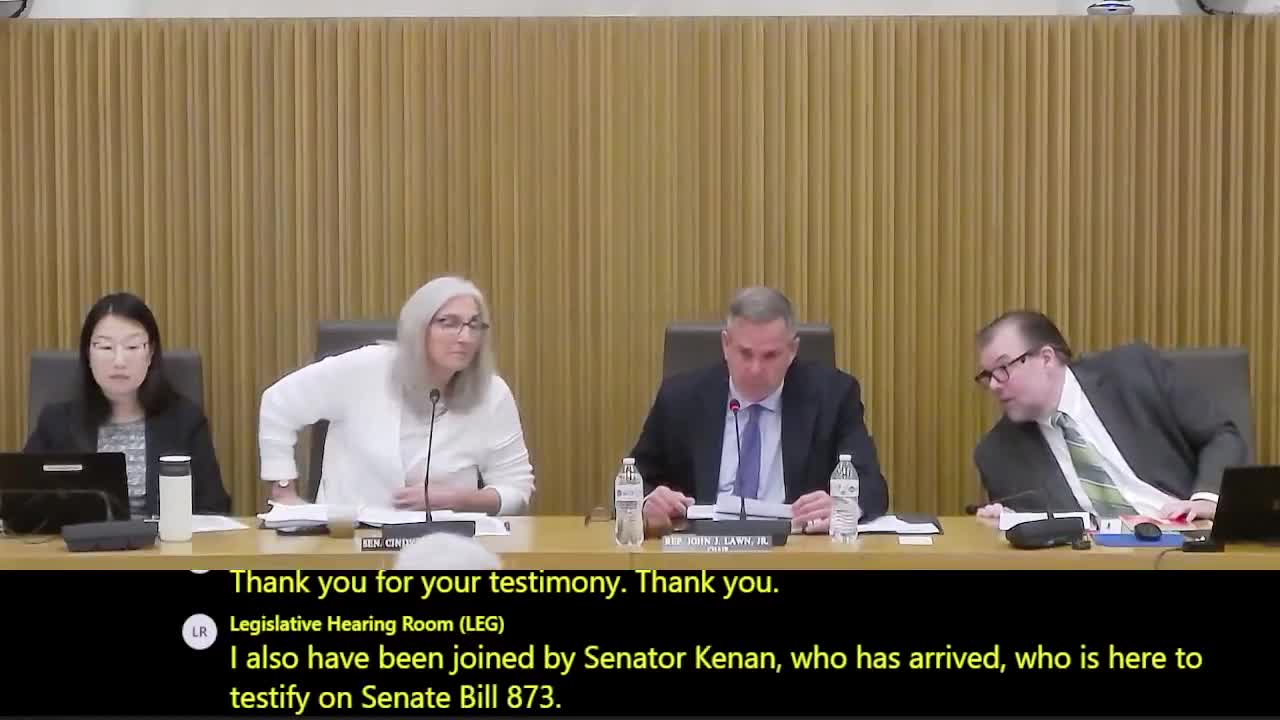Article not found
This article is no longer available. But don't worry—we've gathered other articles that discuss the same topic.
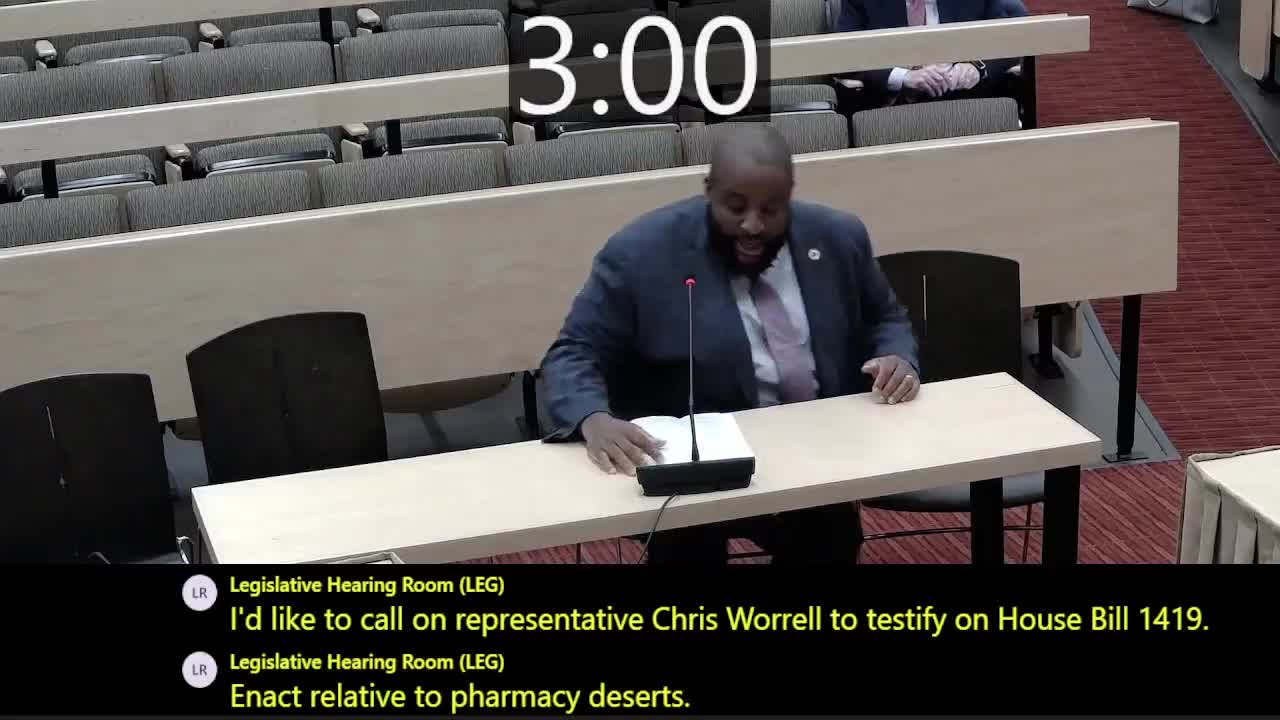
Representative Worrell urges action on pharmacy closures that create 'deserts' in Black and Brown neighborhoods
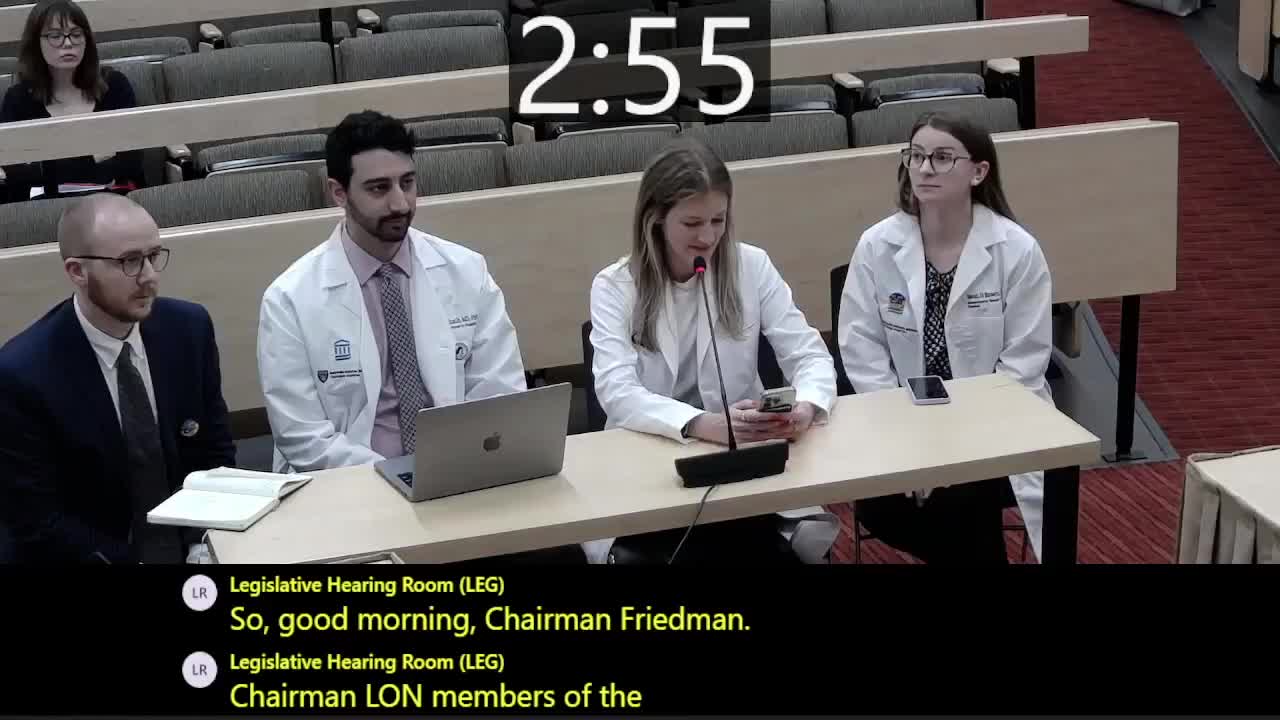
Doctors, unions back bill to cap hospital CEO pay and require financial transparency
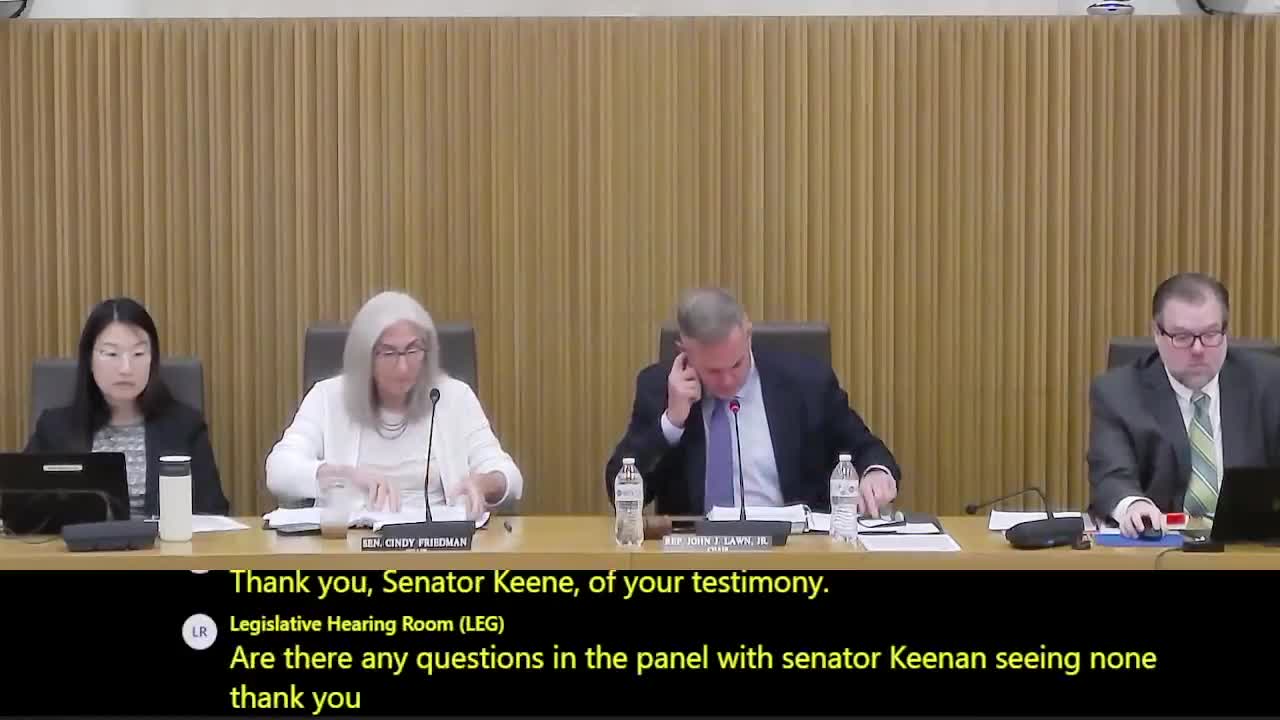
Joint committee weighs new tools to rein in drug prices, expand PBM oversight
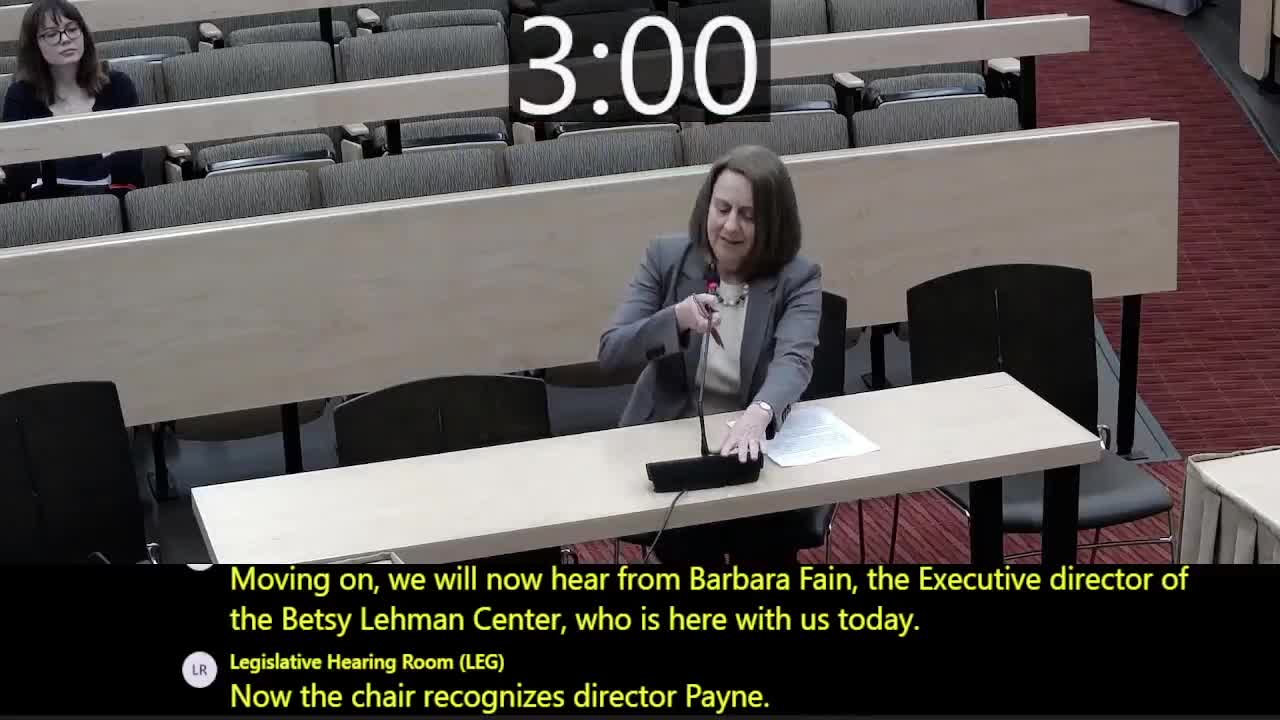
Betsy Lehman Center seeks permanent trust authority to accept federal and private funds
